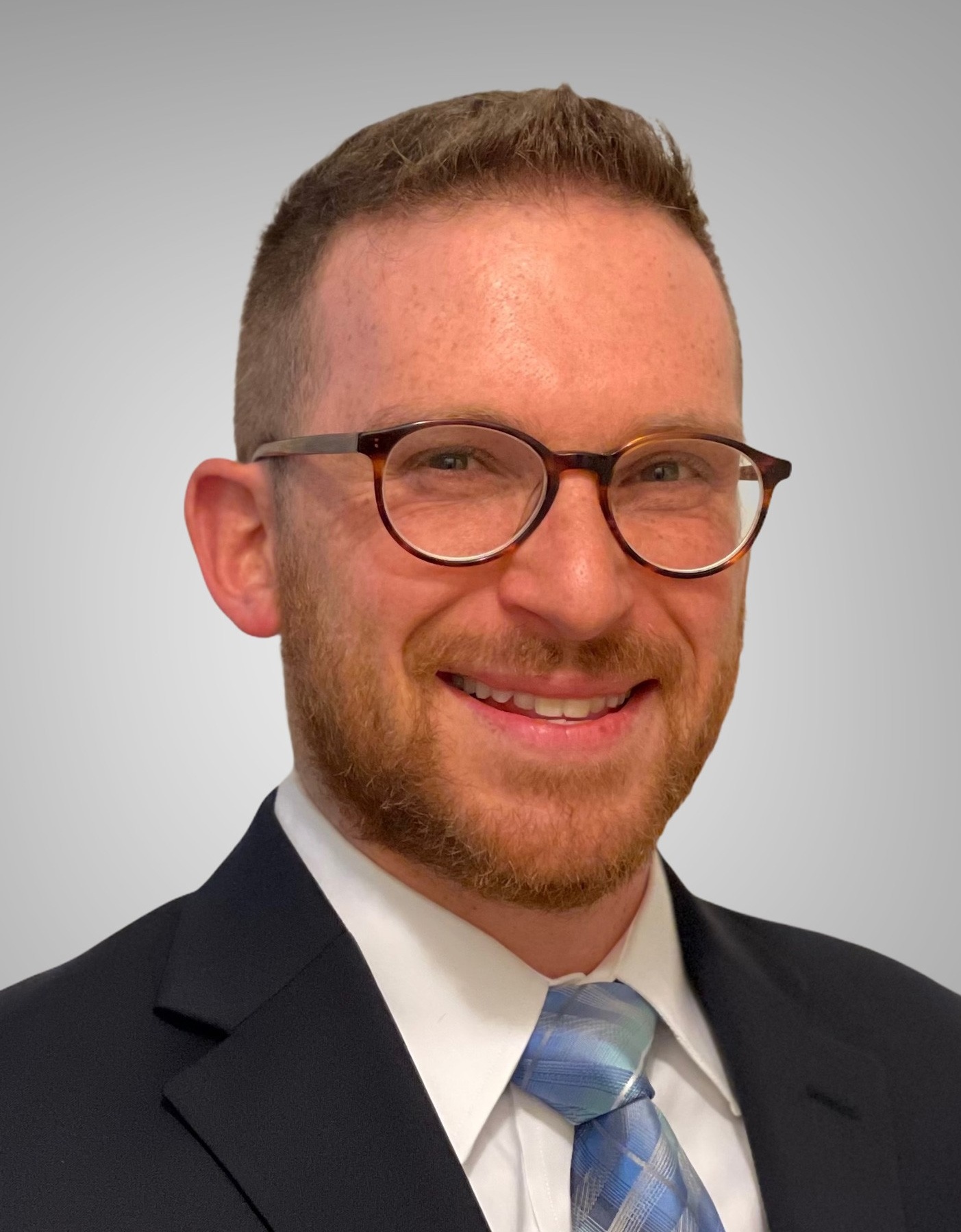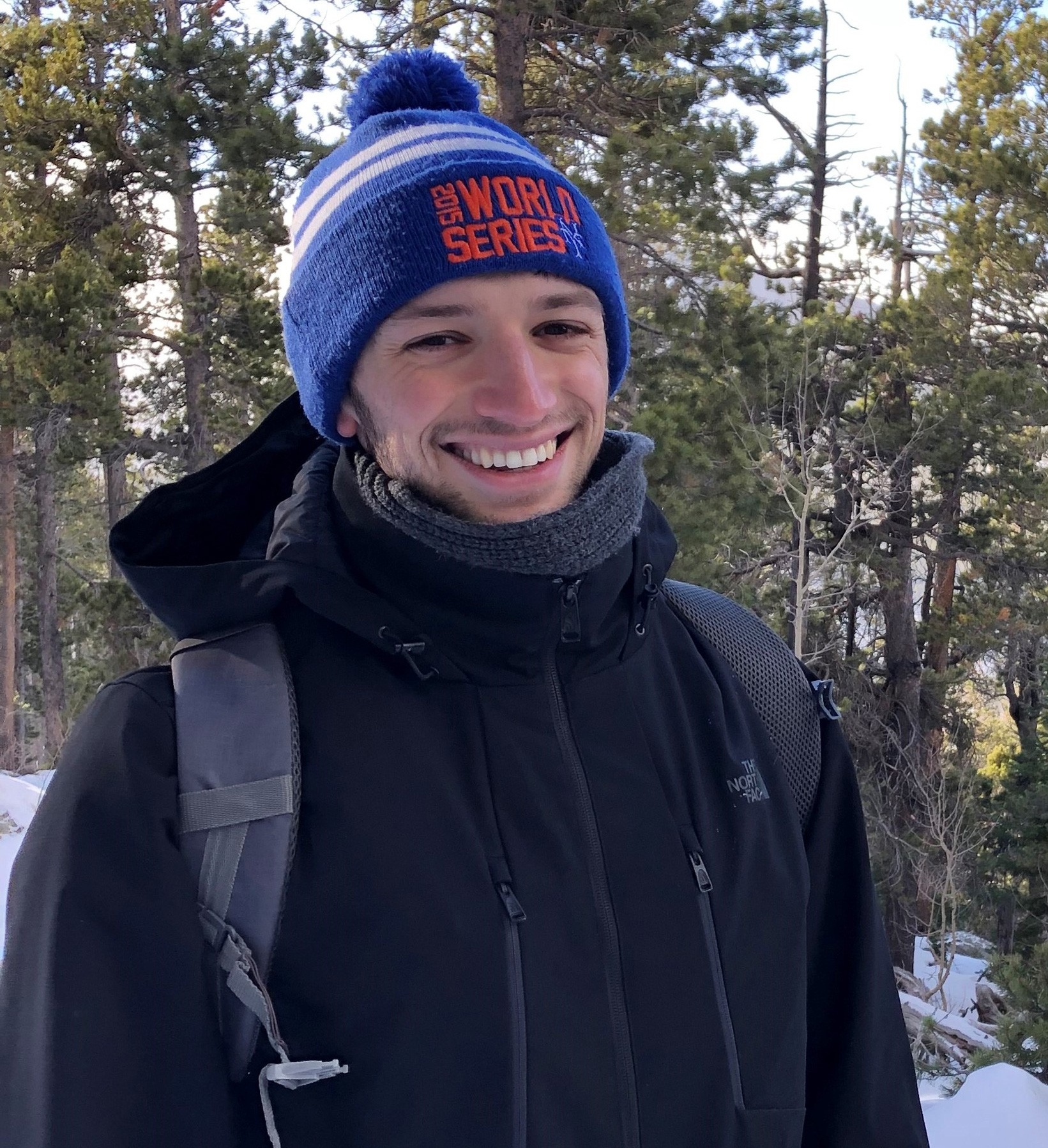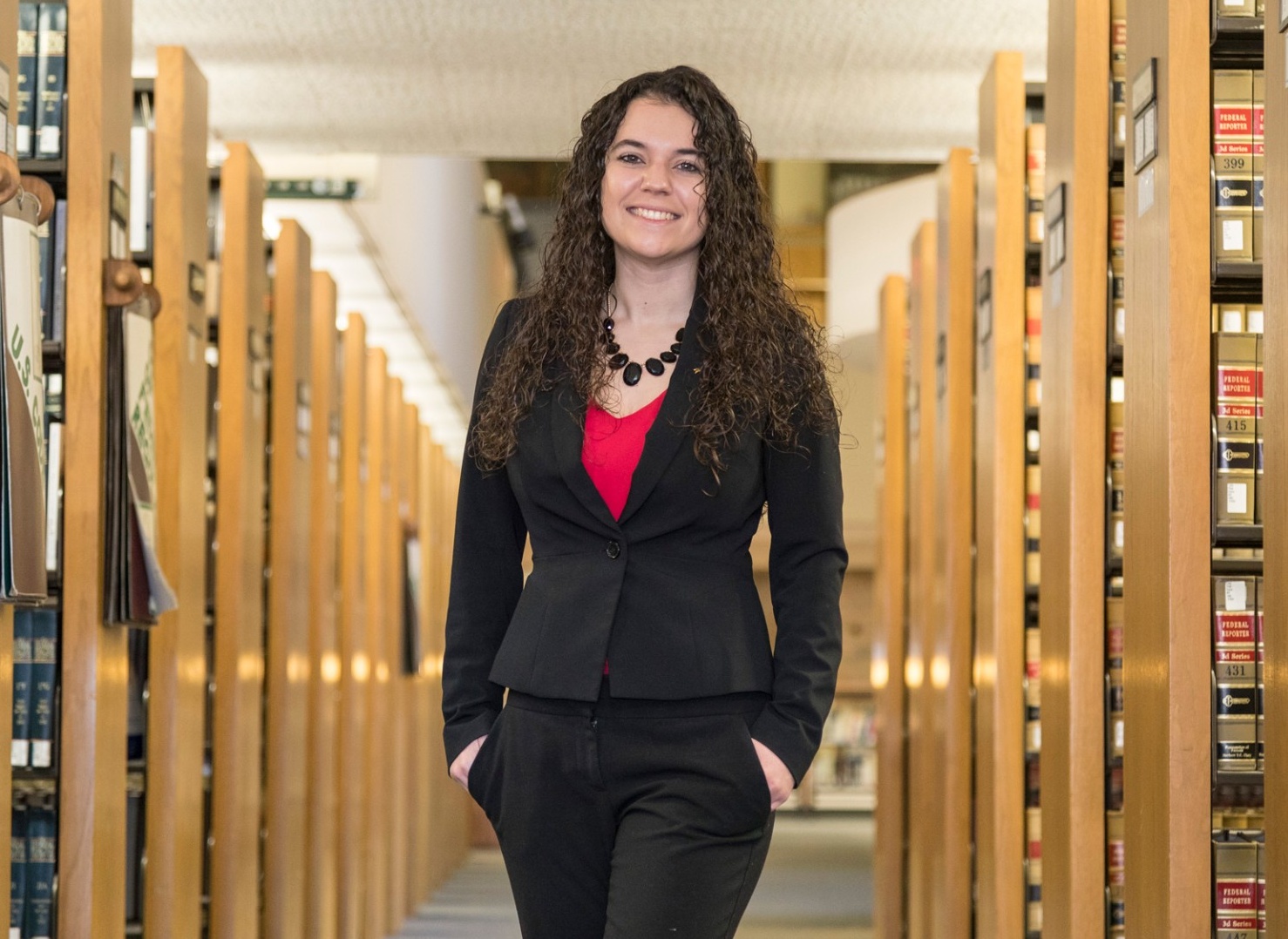Where are they now?
Checking in with alumni who started their careers at the FASB or GASB
As he prepares to join the Financial Accounting Standards Board (FASB), Milad Ghanatios, BS ’20, MS ’21, is in elite company.
Ghanatios is the eighth School of Management accounting student since 2012 to earn a postgraduate technical assistantship (PTA) with the FASB or the Governmental Accounting Standards Board (GASB).
All past FASB and GASB assistants from UB have gone on to careers at Big Four firms and other major companies. Here, we catch up with a few of them to hear about their PTA and career.
Read their Q&As
Matthew Silver, BS ’13, MS ’14, CPA
Senior Manager, Technical Accounting
Roivant Sciences

Matthew Silver
After completing his FASB assistantship in June 2015, Silver joined PwC in its Capital Markets and Accounting Advisory Services practice, first as a senior associate and later promoted to manager. In March, he accepted a new role at Roivant Sciences, a biopharmaceutical company.
UB: What were your favorite projects from your time at the FASB?
MS: My favorite project led to the issuance of ASU 2016-09, Compensation—Stock Compensation (Topic 718): Improvements to Employee Share-Based Payment Accounting. This project was particularly interesting as we spent a considerable amount of time speaking with stakeholders, including experts in options valuation within the academic community. Additionally, the accounting for stock-based compensation has always been controversial, with Congress actually getting involved in the debate in the ’90s. The current fair-value-based model was developed in 2004, and this project was a follow-up to improve upon the standard issued at that time. While the heated arguments of whether or not to expense stock compensation are in the past, I am proud of being able to participate in the history of stock compensation accounting.
UB: What were the most important lessons you learned at the FASB?
MS: My experiences with the FASB taught me critical lessons in how to think in the context of the standard setter. When reviewing a particular fact pattern, I am able to evaluate the accounting treatment not only in light of the authoritative guidance, but also based on an understanding of how the board developed that guidance. I had one experience at PwC where a client asked what the FASB was thinking related to an illustrative example in the Accounting Standards Codification—I had actually created that example and could cite exactly what it was intended to show.
UB: You recently joined Roivant Sciences. Why leave the Big Four for this opportunity?
MS: Ultimately, private industry is more aligned with my long-term career goals. Roivant particularly interested me because it is on the front lines of developing drugs and therapeutics to treat people with debilitating diseases. If successful, Roivant has the potential to help thousands of people. Using my skills as an accountant, I am excited to contribute to that goal.
UB: What’s your advice for our newest accounting alumni?
MS: Congratulations, graduates! My advice is to think of your career in the long term. Some people struggle at the start of their careers—whether they are working on a tough project or just need time to transition—but in the context of a long career, six months or a year represent only a tiny fraction. Have patience, keep working at it and remember: You’ve worked hard to get to this point, and as a UB accounting alumnus, you are qualified for the position you are in.
Alec Schon, BS ’15, MS ’16, CPA
Supervising Senior
Connor Group

Alec Schon
Schon completed his assistantship at the GASB during 2017 and joined EY’s Financial Accounting Advisory Services team the following winter. Today, the New Yorker is at Connor Group, a financial accounting and operations consulting practice.
UB: What were your proudest accomplishments from your time at the GASB?
AS: It is unusual for a PTA to see an entire project through its life, from research to standard-setting activities. Most projects take at least two years to finish. When I joined the GASB, I was assigned to a new research project to see if the accounting for Social Impact Bonds warranted special guidance. The research phase was set to conclude at the end of my tenure, so I was able to present our team’s work during my last board meeting. That was really a full-circle moment for me, presenting on research I conducted to the board with all my colleagues and friends in the room.
UB: What were the most important skills you gained from the GASB?
AS: Prior to joining the GASB, I would have pegged myself as a good public speaker and presenter; however, I learned early in my time at the GASB that there was much to improve on. There were ample opportunities to present to the staff and board, as well as peers in the PTA program. Each Friday, the PTAs met and someone presented on a project they were working on. Although those Friday sessions were relaxed compared to board discussions, they were valuable in helping me sharpen my presentation skills.
UB: Tell us more about your current role. What types of clients do you work with? What have been some of your favorite engagements?
AS: At Connor Group, I work with pre-IPO companies to help them become SEC compliant—that is, ensuring technical accounting matters are identified and addressed before they become a public company. Picking a favorite engagement is like picking your favorite sour warhead: They all sting a little, but at the end it’s sweet and you’re glad you went through it—and maybe learned which flavors you like more than others.
UB: What’s your advice for our newest accounting alumni?
AS: There's a difference between hearing and listening: Be intentional about how you listen and to whom you are listening. Also, invest in a standing desk, eat well and take care of yourself.
Brittany Bartula, BS ’16, MS ’17, CPA
Senior Accountant, Accounting Policy and Special Projects
ACV Auctions

Brittany Bartula.
After her FASB appointment, Bartula joined EY’s Technical Accounting Advisory Group as a senior associate in September 2018. Now, she’s back in Buffalo as part of the team at ACV Auctions, a leading dealer-to-dealer digital wholesale marketplace that’s upending the automotive industry.
UB: What were your proudest accomplishments from your time at the FASB?
BB: I worked on the not-for-profit team, and one of my main projects related to clarifying the accounting guidance for contributions received and made. Working in the nonprofit space was new and exciting to me, and a large portion of my work consisted of performing outreach to stakeholders, which helped us understand how the proposed guidance may affect their organizations. I really enjoyed hearing from these organizations firsthand, and working with them to develop solutions based on their input. Our team was very proud when the final standard was published in June 2018, only a few weeks before my one-year term ended.
UB: What were the most important skills you gained from the FASB, and how have they helped you in your career?
BB: One of the biggest skills I learned at the FASB was how to research, understand and apply accounting guidance to various fact patterns. More than that, though, I learned everything is not black and white, and often there is a lot of judgment required in determining the appropriate accounting for a particular issue. Developing this mindset prepared me to tackle any complex accounting issue that has come my way, whether it be determining the accounting considerations for pharmaceutical drug trials, or determining the lease considerations related to power purchase arrangements.
UB: Tell us more about ACV Auctions—why take this opportunity? What are your typical projects? BB: I remember hearing about ACV winning the 43North competition and its exponential growth over the years since, so I was excited when I found out about the opportunity in the Accounting Policy and Special Projects group—and to have the chance to move back to Buffalo. There are truly so many reasons joining ACV was a great opportunity, and I am very happy to be a part of the team.
I largely focus on researching and writing the accounting policy memorandums for ACV, which cover a wide variety of topics, ranging from revenue recognition to stock compensation. Our team also focuses on ad hoc project work that results from different products and services offered by ACV.
UB: ACV raised $414 million in its initial public offering in March, an incredible development for the company and Buffalo's startup community. What was that day like for you and ACV's accounting team?
BB: Our entire team is so proud of ACV and the company's IPO. The accounting team put in a lot of effort and hard work over the last several years, and to see the IPO occur and watch our executives at the Nasdaq that morning was surreal. As we were all working remotely throughout the IPO process, we didn't get to celebrate in person, but we definitely had a virtual celebration that day. And, the excitement doesn't end there because we know the IPO was just one of many milestones in a longer journey ACV is on.